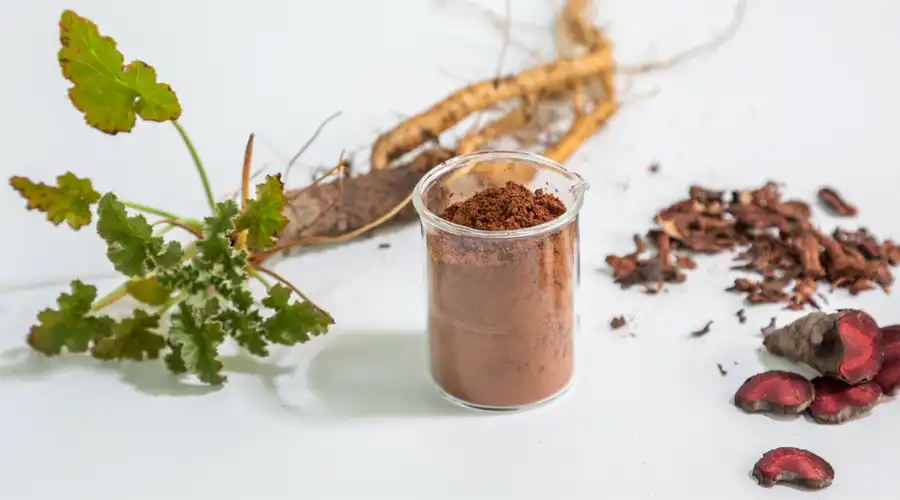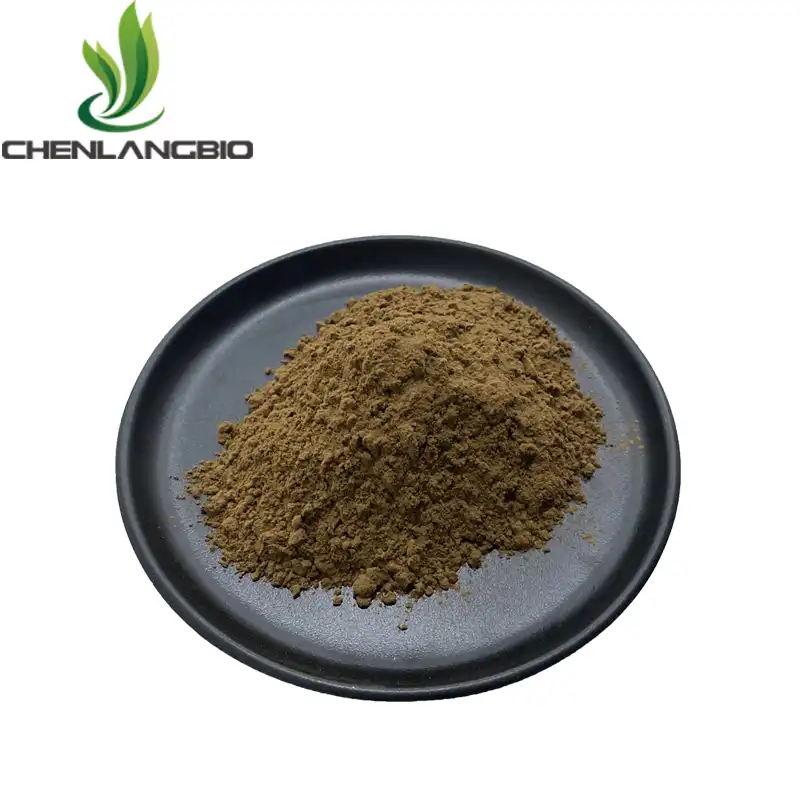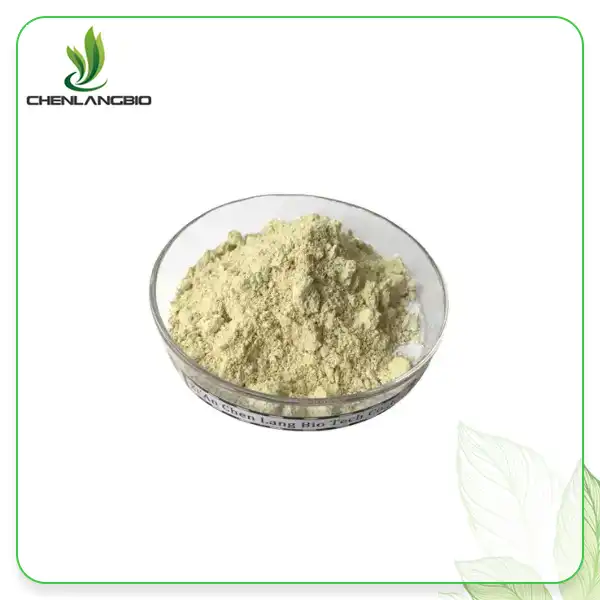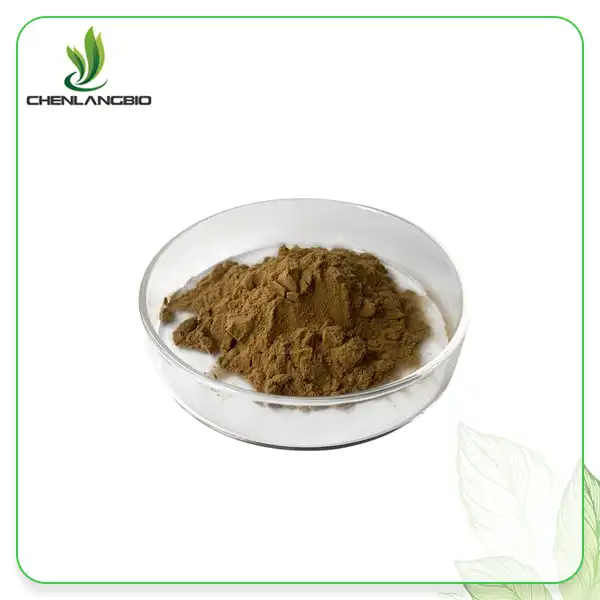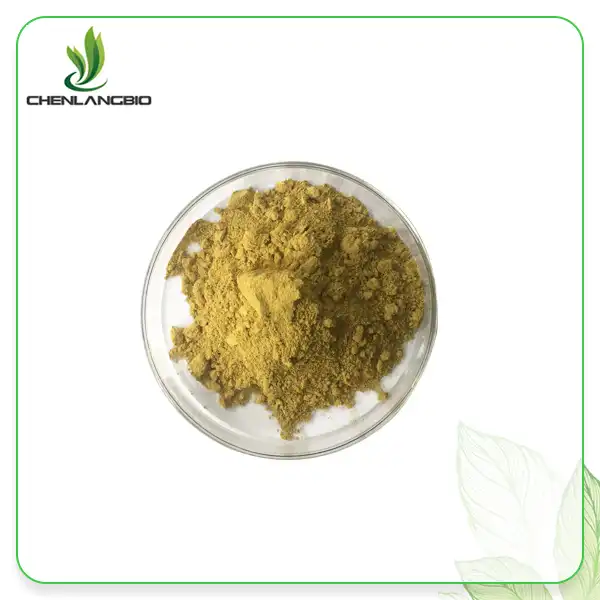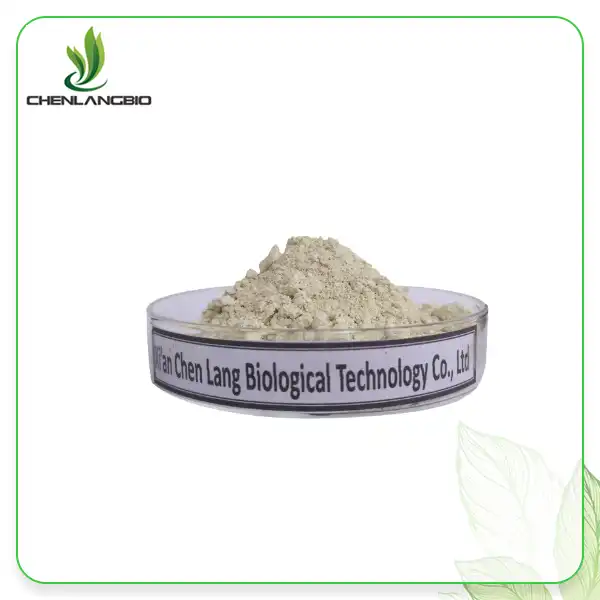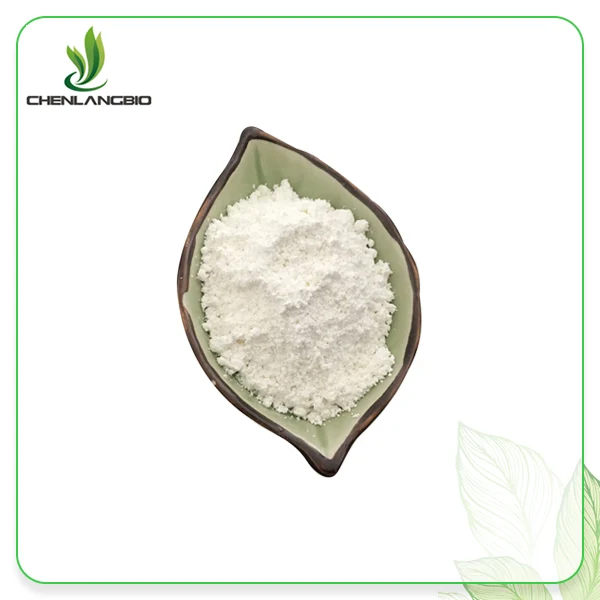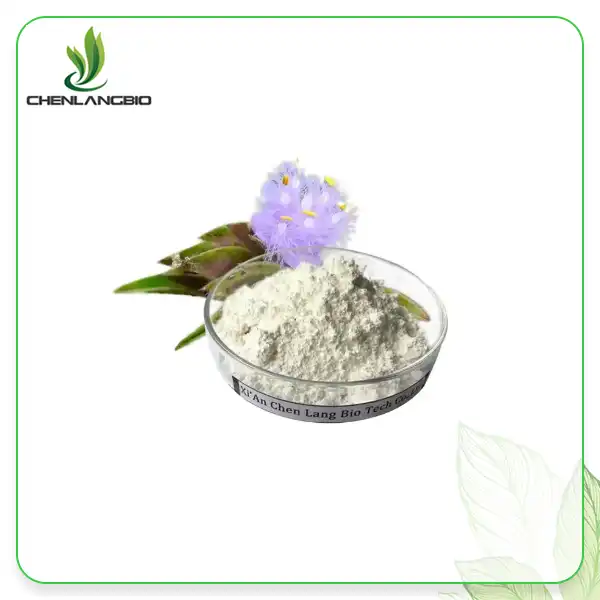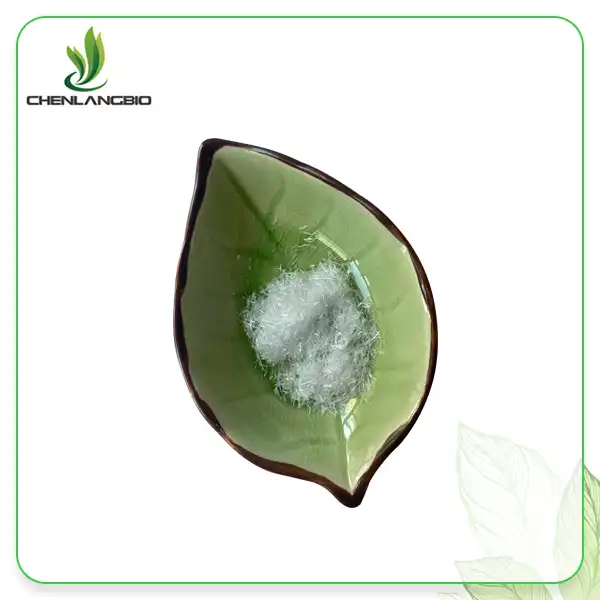Why Pelargonium Sidoides is Popular in Herbal Medicine?
2025-05-13 09:24:58
In the realm of herbal remedies, Pelargonium sidoides has emerged as a prominent player, captivating the attention of both traditional healers and modern researchers alike. This perennial plant, native to South Africa, has been making waves in the world of natural medicine, offering a myriad of potential health benefits. Let's delve into the fascinating world of pelargonium sidoides extract and uncover why it has become such a beloved herb in contemporary herbal medicine.
History and Origins of Pelargonium Sidoides
Pelargonium sidoides, also known as African geranium or Umckaloabo, has a rich history deeply rooted in the traditional medicine practices of South Africa. The Zulu, Xhosa, and Basotho people have utilized this plant for centuries to address various ailments, particularly respiratory issues and gastrointestinal disorders.
The story of Pelargonium sidoides' introduction to the Western world is quite intriguing. In the late 19th century, an Englishman named Charles Henry Stevens traveled to South Africa seeking a cure for his tuberculosis. He encountered local healers who introduced him to a decoction made from the roots of Pelargonium sidoides. Astonishingly, Stevens experienced a remarkable recovery and became an advocate for this herbal remedy upon his return to England.
This serendipitous encounter marked the beginning of Pelargonium sidoides' journey into global herbal medicine. The plant's reputation grew steadily, and by the early 20th century, it had gained popularity in Europe as a treatment for respiratory ailments. Today, pelargonium sidoides extract is a key ingredient in numerous herbal formulations and over-the-counter remedies worldwide.
The Science Behind Pelargonium Sidoides' Benefits
The growing popularity of Pelargonium sidoides in herbal medicine is not merely based on anecdotal evidence. Modern scientific research has begun to unravel the mechanisms behind its therapeutic effects, lending credibility to its traditional uses.
Pelargonium sidoides is rich in a variety of bioactive compounds, including polyphenols, coumarins, and flavonoids. These phytochemicals are believed to be responsible for the plant's diverse medicinal properties. Let's explore some of the key benefits that have been substantiated by scientific studies:
Immune System Support
One of the most notable attributes of Pelargonium sidoides is its ability to bolster the immune system. Research has shown that extracts from this plant can stimulate the production of cytokines, which are crucial signaling molecules in immune responses. This immunomodulatory effect may explain why pelargonium sidoides extract is often used to combat respiratory infections.
Antimicrobial Properties
Pelargonium sidoides has demonstrated impressive antimicrobial activity against various pathogens. Studies have revealed its efficacy against both bacteria and viruses, including those responsible for common respiratory infections. This dual action makes it a valuable ally in fighting off infections and potentially reducing the severity and duration of illnesses.
Anti-inflammatory Effects
Inflammation is a common underlying factor in many health issues. Pelargonium sidoides has shown promising anti-inflammatory properties in laboratory studies. By modulating inflammatory responses, it may help alleviate symptoms associated with various conditions, from respiratory ailments to skin disorders.
Mucolytic and Expectorant Action
In respiratory health, Pelargonium sidoides shines as a natural mucolytic and expectorant. It helps to thin mucus and facilitate its expulsion from the respiratory tract. This action can provide relief from congestion and coughing, making it a popular choice for managing symptoms of colds, bronchitis, and sinusitis.
Modern Applications of Pelargonium Sidoides
The versatility of Pelargonium sidoides has led to its incorporation into various modern herbal formulations and applications. Here are some of the ways this remarkable plant is being utilized in contemporary herbal medicine:
Respiratory Health Supplements
Given its historical use and scientifically supported benefits for respiratory health, Pelargonium sidoides is a key ingredient in many natural cold and flu remedies. These supplements often combine the extract with other immune-boosting herbs to create potent formulations for supporting respiratory wellness.
Integrative Medicine Protocols
In integrative medicine practices, Pelargonium sidoides is increasingly being incorporated into treatment protocols for various conditions. It's particularly valued for its potential to reduce the reliance on antibiotics for minor respiratory infections, aligning with the growing concern over antibiotic resistance.
Topical Applications
The antimicrobial and anti-inflammatory properties of Pelargonium sidoides have piqued interest in its potential for topical applications. Some skincare products now feature this herb as an ingredient, touting its benefits for issues like acne and minor skin infections.
Stress and Fatigue Management
Emerging research suggests that Pelargonium sidoides may have adaptogenic properties, helping the body cope with stress and fatigue. This has led to its inclusion in some herbal formulations designed to support overall well-being and vitality.
Pediatric Formulations
The gentle nature of pelargonium sidoides extract makes it suitable for use in children's herbal remedies. Many parents are turning to natural options for managing common childhood ailments, and Pelargonium sidoides-based products offer a well-tolerated alternative for supporting pediatric health.
Conclusion
The popularity of Pelargonium sidoides in herbal medicine is a testament to the enduring value of traditional plant wisdom combined with modern scientific validation. As research continues to uncover new potential applications and benefits, this humble African plant is likely to remain a staple in the world of natural health remedies. Its multifaceted properties - from immune support to antimicrobial action - make pelargonium sidoides extract a versatile and valuable addition to the modern herbal medicine cabinet. Whether you're looking to support respiratory health, boost your immune system, or explore natural alternatives for common ailments, Pelargonium sidoides offers a wealth of potential benefits backed by both tradition and science. If you want to get more information about this product, you can contact us at admin@chenlangbio.com.
References
1. Brendler, T., & van Wyk, B. E. (2008). A historical, scientific and commercial perspective on the medicinal use of Pelargonium sidoides (Geraniaceae). Journal of Ethnopharmacology, 119(3), 420-433.
2. Kolodziej, H. (2011). Antimicrobial, antiviral and immunomodulatory activity studies of Pelargonium sidoides (EPs® 7630) in the context of health promotion. Pharmaceuticals, 4(10), 1295-1314.
3. Matthys, H., & Funk, P. (2008). EPs 7630 improves acute bronchitic symptoms and shortens time to remission. Results of a randomised, double-blind, placebo-controlled, multicentre trial. Planta Medica, 74(06), 686-692.
4. Theisen, L. L., & Muller, C. P. (2012). EPs® 7630 (Umckaloabo®), an extract from Pelargonium sidoides roots, exerts anti-influenza virus activity in vitro and in vivo. Antiviral Research, 94(2), 147-156.
5. Witte, K., Koch, E., Volk, H. D., Wolk, K., & Sabat, R. (2015). The Pelargonium sidoides extract EPs 7630 drives the innate immune defense by activating selected MAP kinase pathways in human monocytes. PloS one, 10(9), e0138075.
6. Schapowal, A., Heger, M., & Kraft, K. (2019). Pelargonium sidoides extract (EPs 7630): An overview of clinical pharmacology and use in respiratory tract infections. Phytomedicine, 58, 152748.
Send Inquiry
Related Industry Knowledge
- Top 7 Benefits of Elastin Peptide for Youthful Skin
- Does Beta Ecdysterone Help with Muscle Growth?
- What is Ergothioneine Powder Used for?
- Is Mung Bean Peptide Powder Safe to Consume?
- What is Phellinus Linteus Extract
- Are There Any Side Effects of Using Dimethylmethoxy Chromanol
- How Effective is 3-O-ethyl Ascorbic Acid in Lightening Skin
- What is Kola Nut Extract Powder Used For
- What is Sex Powder
- Can I take Cordyceps every day

